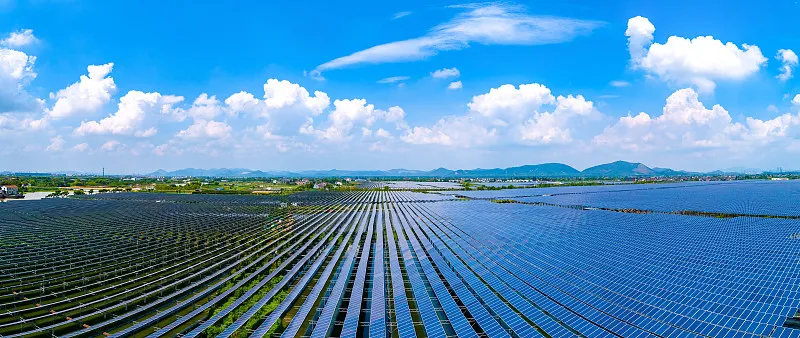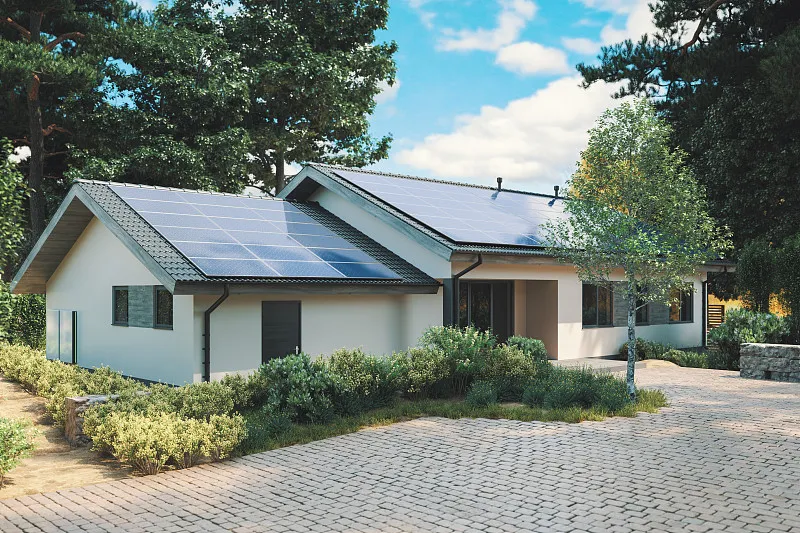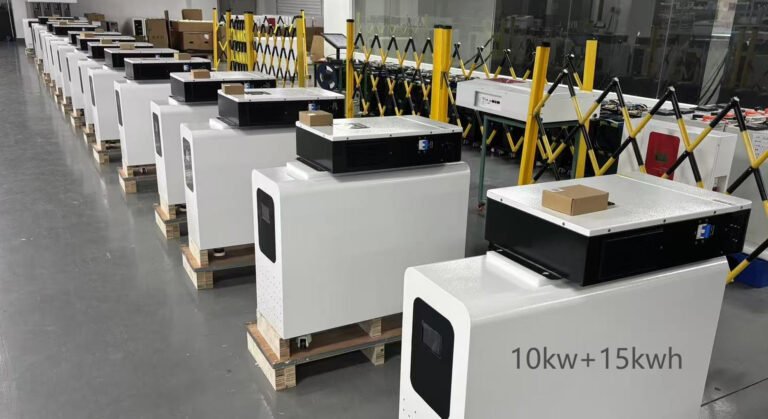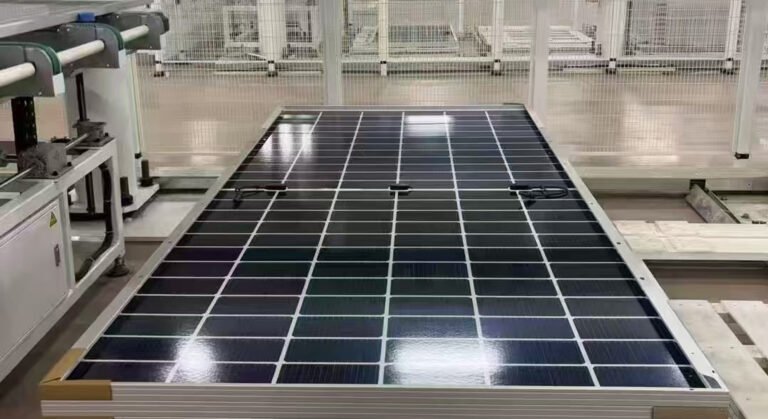Selecting the right solar panel is essential for ensuring the efficient operation of a solar power system. Solar panels not only affect energy conversion efficiency but also directly impact system stability and long-term economic returns. When purchasing solar panels, users should consider factors such as material type, power range, efficiency, cost, weather resistance, and brand reputation.

The market primarily offers monocrystalline and polycrystalline solar panels. Monocrystalline panels have higher conversion efficiency, providing more power in limited spaces, ideal for rooftops or projects seeking maximum electricity output. Polycrystalline panels are more cost-effective and suitable for large-scale ground-mounted or industrial projects. Each material type also differs in temperature coefficient, durability, and lifespan, so selection should align with the local environment.
In addition to material, the power and size of the panels are crucial factors. High-power panels reduce the number of units and space required but come at a higher cost, while low-power panels are more flexible to install but occupy more area. The layout should ensure that panels receive maximum sunlight without shading each other.
Weather resistance ensures long-term stable operation. High-quality panels can withstand wind, snow, rain, and high temperatures, reducing maintenance costs. Choosing internationally certified products (e.g., IEC, TÜV, UL) guarantees consistent performance even under harsh conditions.
Brand reputation and after-sales service are also important. Partnering with a reputable supplier ensures product quality, complete technical support, installation guidance, and warranty. In large-scale projects, the supplier’s responsiveness and support often determine system efficiency and long-term ROI.
Overall, panel selection is not just about material and power; it also involves overall system efficiency, installation environment, and long-term economic benefits. It is recommended to make a customized choice based on individual needs and professional supplier advice to achieve efficient, stable, and reliable solar system operation.




